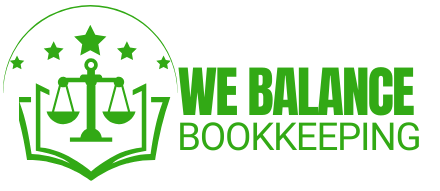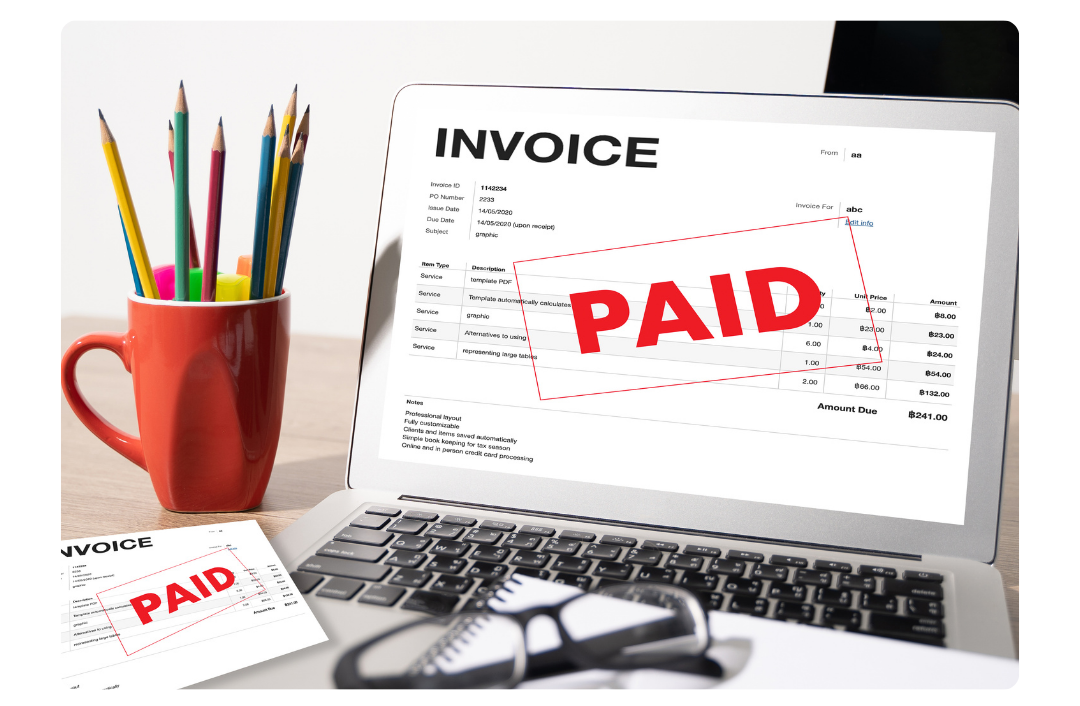Nobody likes to deal with unpaid invoices, but it’s an unfortunate reality many small business owners and freelancers face. Not only can it disrupt your cash flow, but it can also lead to significant stress and wasted time. Here’s what you can do to manage and mitigate the impact of unpaid invoices effectively.
1. Review Your Invoice Process
First things first, ensure your invoicing process is clear and error-free. Check that your invoices include all necessary details—such as clear descriptions of the services provided, the total amount due, payment terms, and the due date. It’s also helpful to send invoices promptly and follow up with a confirmation to make sure they’ve been received.
2. Send a Polite Reminder
If the payment deadline has passed, start with a friendly reminder. People get busy and sometimes simply forget. A polite follow-up email or call can jog their memory and encourage them to settle their bill. Ensure your tone is understanding yet professional.
3. Implement a Late Fee Policy
To prevent late payments in the future, consider implementing a late fee policy. Make sure this is clearly stated in your contracts and on your invoices. Knowing that there will be a financial penalty for late payments can motivate clients to pay on time.
4. Offer Payment Options
Sometimes, clients don’t pay because they’re facing financial difficulties. In such cases, offering a payment plan might be beneficial. This shows empathy and maintains a positive relationship, while still helping you get paid.
5. Send a Formal Demand Letter
If reminders have failed and there’s a significant delay, you might need to send a formal demand letter. This letter should be more direct and state clearly that legal action may follow if the account is not settled promptly. Often, the seriousness of a demand letter can spur clients into action.
6. Consider Using a Collection Agency
As a last resort, you can turn over the debt to a collection agency. They specialise in collecting unpaid debts, and while they will take a percentage of the collected funds, it can be a more straightforward way to ensure you get paid without having to go to court.
7. Learn and Adjust for Next Time
Finally, use this experience as a learning opportunity. Review what happened and see if there are changes you can make to prevent similar issues in the future. This might mean adjusting your payment terms, requiring deposits, or conducting credit checks on new clients.
Handling unpaid invoices is never pleasant, but by taking proactive steps and being prepared, you can minimise the hassle and impact on your business. Remember, maintaining open communication and setting clear expectations from the start are key to managing financial relationships effectively.






